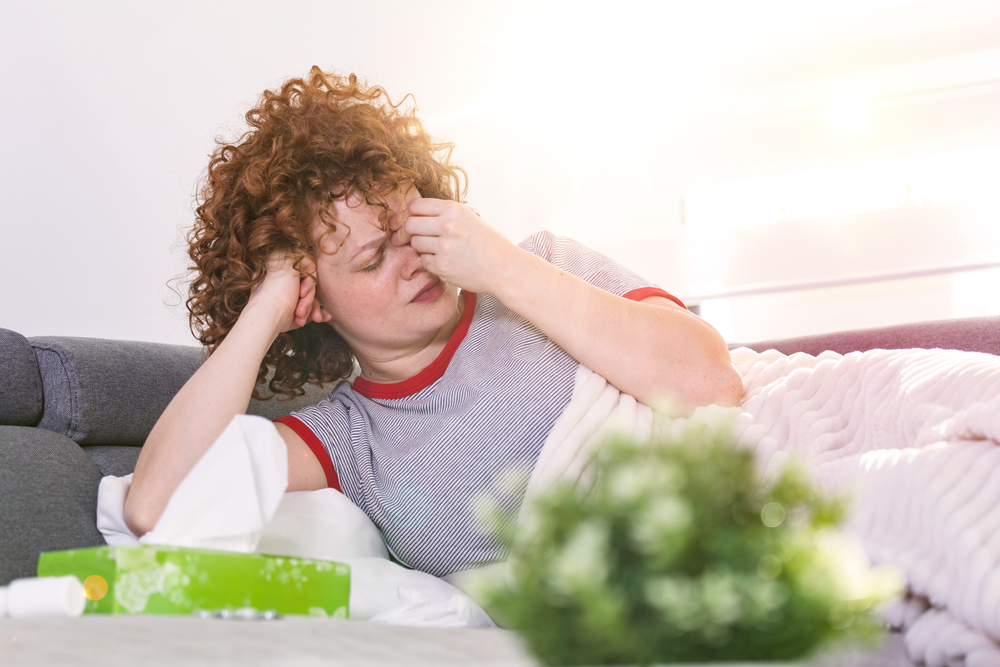Sleep is a fundamental necessity of life, and even a minor sleep deficit can have a significant effect on your physical and mental health.
Implementing healthy sleep hygiene practices can be integral to one’s mental health recovery process. Below are some suggestions that could help you promote positive sleeping habits:
- Exercise daily: integrating regular exercise into your routine not only helps with releasing endorphins (the hormones in one’s body associated with feeling pleasure) but can also increase the production of melatonin (the body’s main sleep-inducing hormone).
- Eliminate caffeine: although adults frequently use caffeine in the form of coffee to help stay alert and awake during the day, caffeine intake in teenagers (regardless of the time of day) can make falling asleep more difficult.
- Refrain from napping: even though you may feel exhausted after school and/ or in the afternoon, staying awake the entire day will help you fall asleep more easily at night.
- Eat smaller meals in the evening: eating a huge dinner can interfere with your ability to fall asleep, as your body must work extra hard to digest a heavy load. Decreasing portion sizes and shifting the larger meal to lunchtime can help you reduce your digestive load in the evenings, which can in turn help you fall asleep more naturally.
- Create a peaceful sleeping environment: research has found that the body naturally produces certain chemicals to help increase feelings of calmness and relaxation. When serotonin, known as the “feel-good” hormone, is released in a comfortable and/ or dark environment it is converted into melatonin.
- Stop using electronics at bedtime: according to a study by the Sleep Health Foundation, teenagers who refrained from using their smart phones and other screen-based devices an hour before bed gained twenty-one extra minutes of sleep at night.
- Try a weighted blanket: The purpose of weighted blankets is to put additional pressure on a teen’s body while they rest to help generate deep relaxation. The weight of the blanket works by stimulating the deep pressure touch (DPT) receptors of the body, triggering the release of serotonin. This, in turn, helps young people achieve more meaningful rest buy helping them fall asleep and remain asleep longer.
The National Sleep Foundation created a chart that illustrates the ideal amount of sleep a person should obtain (ranging from infants into adulthood). The chart is broken up such that teenagers ideal sleep durations vary. Teens aged thirteen should be getting between nine to eleven hours of sleep, nightly. Teenagers between the ages of fourteen and seventeen should be obtaining between eight and ten hours of sleep. While eighteen- and nineteen-year-olds should be getting seven to nine hours of sleep nightly. Your long-term mental health recovery depends on your ability to get enough sleep each night.
Further Information and Support
Every family in need of mental health treatment must select a program that will best suit the needs of their family. When one member of a family struggles, it impacts everyone in the family unit. To maximize the benefits of treatment we work closely with the entire family to ensure that everyone is receiving the support they need through these difficult times.
Seeking help is never easy, but you are not alone! If you or someone you know needs mental health treatment, we strongly encourage you to reach out for help as quickly as possible. It is not uncommon for many mental health difficulties to impact a person’s life, long term. Pursuing support at the beginning of one’s journey can put the individual in the best position to learn how to manage themselves in a healthy way so they can go on to live happy and fulfilling lives.
OUR KNOWLEDGEABLE ADMISSIONS TEAM CAN BE REACHED 24/7 AT INFO@PACIFICRTC.COM OR CALL: (866) 602-5512






